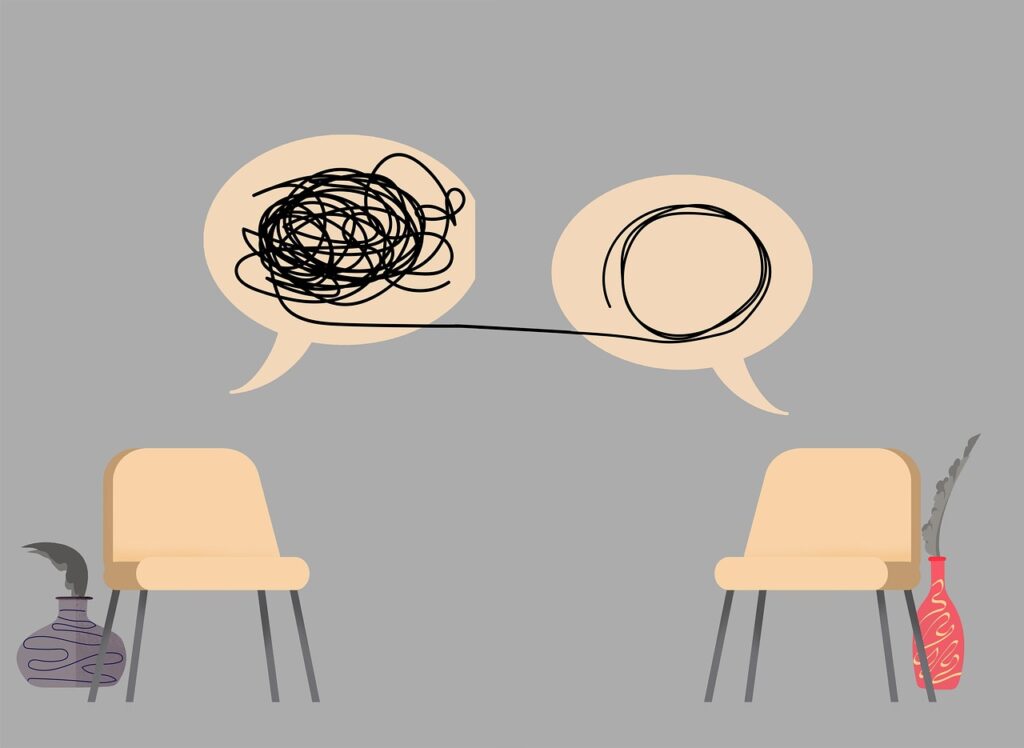I’ve always been fascinated by the idea that two people can witness the same event but come away with sometimes very different accounts of what they just saw. In fact, differing perspectives on events and circumstances intrigue me enough that a few years ago I drafted a story in which, at one point in the narrative, we learn that what one character believed about a yard filled with dandelions was not at all what the yard owner intended or likewise cultivated or believed.

So it is, I think, about the things we hear in the conversations we have with one another, including with our teenagers. Perhaps this is because we approach conversations with our teenagers with preconceived ideas and ready answers and we are not exactly hearing what they’re saying to us because we are preparing responses to what we believe we might hear. This can create missed opportunities to allow teenagers the time and chance to discover their own ideas. Even more than these missed opportunities, though, is the potential to close down future conversations.
I have become more acutely aware of this in myself because I am involved in small part with each of my teenager’s counseling sessions. In those brief moments of checking in with my girls, I sometimes get to hear a pointed opinion they’ve held inside until the time with their counselor. And, despite the sense of disappointment that I didn’t get something right, I am grateful for the chance to hear their hearts and to shift my perspective in response.
Let’s just say it—I don’t always hear what they’re saying. And what they’re saying comes in the forms of words, but also in the sound of their voice and in the expression on their face or in their body language.
Fortunately, we are a family that practices grace and we do our best to extend it when it’s needed. We are also a family that has practiced making amends; I say we’ve practiced it because when my girls were younger, we did practice this because it was something neither one of them wanted to do, especially when it involved their sister. This is something about which I have always been willing to extend grace because I recognize in myself how hard it is (and was for me for a long time) to admit being wrong, to ask for forgiveness, and to apologize.
I’ve gotten a lot better. Especially since having our kids, and, even more, since those kids have become teenagers who are far more capable of calling out my hypocrisy or my mistakes. It’s humbling, really, in a good way.

If you’ve been around here for any length of time, you know I am an advocate for allowing teenagers to figure things out. To be human beings, however flawed, like the rest of us. That means they get to question things and feel things and express things that may cause me to feel uncomfortable. And that’s okay because it’s not about me in those moments. Figuring things out—like where you fit in the world and who you are and what path you want to follow at any given moment—is challenging for all of us. Even more when you are a teen who is also doing a lot of this for the first time.
That’s why I’m grateful for the chance to practice my part and to get feedback, even indirectly in their counseling check ins, because I want to hear what they’re saying. I want to hear their words and their voice and their concerns. Even more, I want to listen more than speak (which, as someone who is always trying to fix things, is not easy). When I consider my role, I cannot help but think about the words from that Christmas carol and hear my teens asking me those questions: Do you hear what I hear? Do you see what I see? Do you know what I know? If I’m honest, probably not. But I truly want to.
